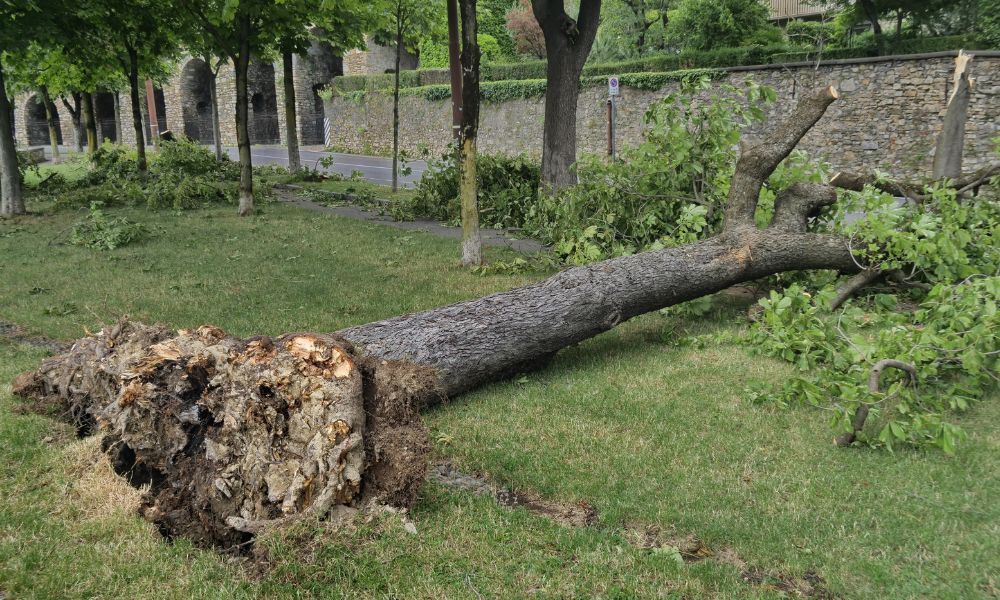'This agreement reflects the strength and resolve of our frontline workers' says union president

The longest work stoppage in the history of the Workplace Safety and Insurance Board (WSIB) appears to be over. On July 5, the WSIB and the Ontario Compensation Employees Union (OCEU/CUPE 1750) reached a tentative agreement, signaling an end to the six-week labour dispute that disrupted services and captured province-wide attention.
The deal comes after Premier Doug Ford phoned union president Harry Goslin earlier in the week—the first direct contact between the Premier’s Office and the union since more than 3,600 WSIB employees walked off the job in May.
“We won’t back down”
In a statement, Goslin credits the agreement to sustained pressure and province-wide solidarity. “This has been one of the toughest fights in our union’s history—and I could not be prouder of our members,” he says. “We made it clear: we won’t back down from protecting public services, demanding respect, and standing up for injured workers.”
While details of the agreement remain confidential pending a ratification vote, the union says the tentative deal makes “meaningful progress” on its core demands: safer workloads, a halt to outsourcing, and greater investment in frontline services.
Membership meetings and voting will be held in the coming days. Until then, OCEU says no further details will be disclosed.
WSIB welcomes return to full operations
In its statement, the WSIB says it is “pleased” with the agreement and anticipates welcoming its full team back within 24 hours of a successful vote.
“Our number one priority has always been—and continues to be—helping the people who depend on us,” says WSIB President and CEO Jeff Lang. “I am proud of our team’s work the last few weeks and am very excited for everyone to come back together so we can keep supporting Ontarians who need us.”
Lang thanks Ontarians for their patience and says the WSIB remains committed to delivering “better, easier, and faster service.” As full operations resume, key online and telephone services remain available for claim reporting, document submission, and business registration.
Turning point after a tense dispute
The tentative agreement marks a turning point after weeks of mounting pressure, high-stakes negotiations, and public scrutiny of WSIB’s handling of claims during the strike. The dispute saw the union raise concerns over outsourcing to U.S.-based firms, staff burnout, and what it called “costly shortcuts” in claims adjudication. WSIB countered by pointing to maintained service levels and automation strategies aimed at minimizing disruption.
In the final stretch of bargaining, WSIB publicly posted its latest offer—including wage increases of 2.5% in 2025, 2.25% in 2026, and 2.0% in 2027, along with improvements in health benefits, vacation scheduling, and internal career mobility. The full proposal remains accessible here.
What’s next
The tentative deal must now be ratified by union members. Until then, both parties are keeping details under wraps. But after six weeks on the picket line, Goslin says members are feeling empowered.
“Our bargaining team believes we’ve made meaningful progress,” he says. “This agreement reflects the strength and resolve of our frontline workers.”
For now, the WSIB strike appears to be over. But the issues it brought to light—from worker mental health to public sector outsourcing—may continue to shape Ontario’s workplace safety landscape for months to come.





